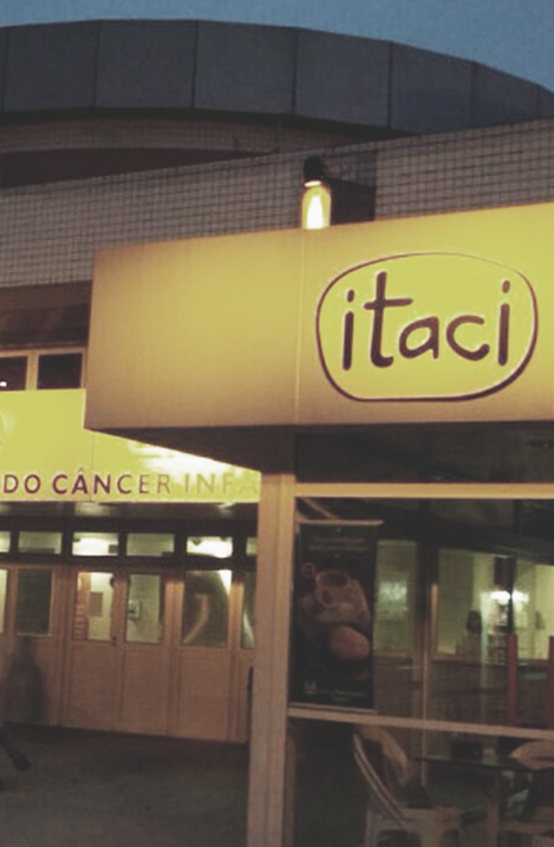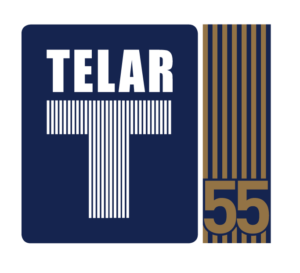Our commitments stress the values applied in an integrated manner in the company’s everyday work, revealing how TELAR works, in line with a solid organizational culture, founded on quality and ethics since its early days.
Commitments

Safety, Health And Well-Being
Ethics And Governance
Additionally, our Corporate Governance is anchored to universal principles, such as compliance with the legal structure of countries where TELAR operates, transparency and accuracy of information provided by the company, responsibility with which it provides its services, commitment to maximizing the performance, ensuring the continuity of its activities, and respect for people who interact with the company, whether they are stakeholders, professionals, employees, clients, suppliers or the community.

Environment
Our commitment to the environment is established through documented programs in:
Technology And Quality


Social Actions
ITACI – Institute for Treatment of Childhood Cancer is a public hospital connected to Instituto da Criança, from the Hospital das Clínicas of the School of Medicine from USP.
The establishment of ITACI results from a major mobilization, started in 1999, and a partnership between Fundação Criança, a Ação Solidária Contra o Câncer Infantil (ASCCI) and the Instituto da Criança from Hospital das Clínicas. Currently, it is part of one of the most important healthcare compounds in Brazil, which also includes a research center, the School of Medicine from the University of Sao Paulo, and medical assistance in over 20 different pediatric specialties. The service at ITACI is free of charge, with most of its patients sent from Instituto da Criança from HC or other units from SUS (Single Healthcare System).
Currently, ITACI is a benchmark in specialized care for children and teenagers with cancer and other hematologic or rare diseases. It also has an important differential in relation to other institutions in its segment: caring for children and teenagers out of therapeutic possibilities, who were not able to be treated in other hospitals for being in an advanced stage of the disease.
